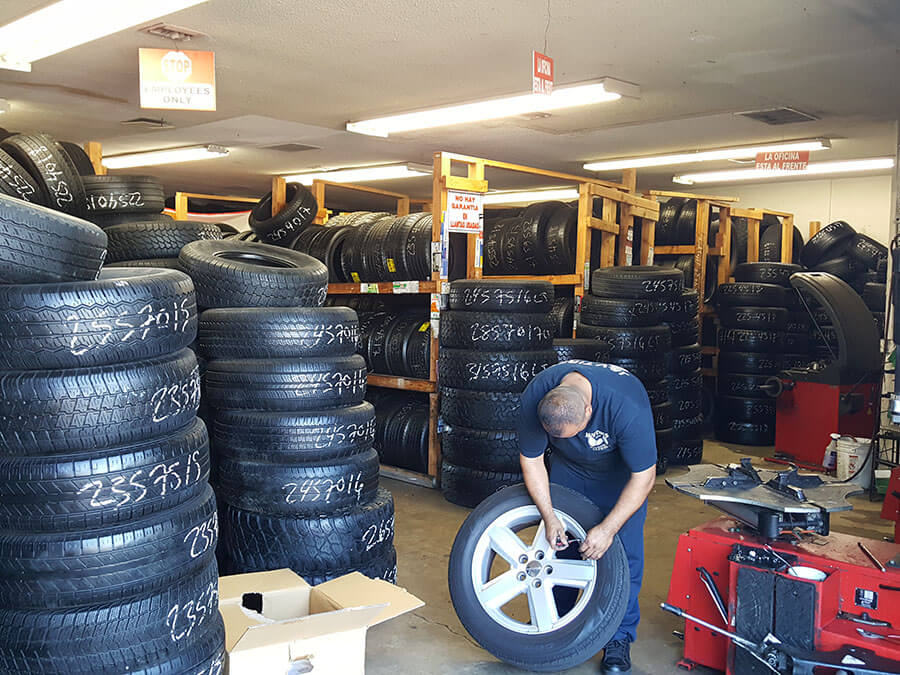Tire Service: Understanding Tire Pressure Tracking Equipments
Recognizing Tire Pressure Tracking Equipments (TPMS) is a vital element of keeping optimum automobile efficiency and safety and security when driving. With improvements in vehicle modern technology, TPMS has ended up being a standard feature in modern-day lorries, giving real-time information on tire stress levels. Delving deeper right into the complexities of TPMS, one can reveal the various parts that make up this system and the relevance of each in guaranteeing exact surveillance. From straight to indirect TPMS systems, the landscape of tire pressure monitoring is varied, each with its one-of-a-kind set of considerations and advantages. Remain tuned to untangle the complexities of TPMS, from maintenance suggestions to the undeniable benefits of maintaining your tires properly pumped up. discount tires morris il.

Significance of TPMS
The relevance of Tire Pressure Surveillance Solutions (TPMS) depends on their capability to improve vehicle safety and security and efficiency via real-time surveillance of tire stress degrees. Preserving the proper tire stress is vital for making certain ideal handling, stopping, and overall security of an automobile. TPMS provides vehicle drivers with instant feedback on any type of overinflated or underinflated tires, enabling for timely adjustments to be made.
Elements of TPMS
Sensing units are typically located in the tire shutoff stem or attached to the wheel assembly, where they measure tire stress and send data to the control component. Some progressed TPMS versions likewise display the actual tire pressure analyses for each tire, providing motorists with real-time information to make certain ideal tire performance and security. By keeping track of tire pressure continually, TPMS assists avoid crashes, minimizes tire wear, and enhances fuel effectiveness, making it a critical part for vehicle security and efficiency. morris tire and alignment.
Kinds of TPMS

On the various other hand, indirect TPMS relies upon the lorry's wheel speed sensing units to keep track of tire stress. This system finds underinflation by contrasting the rotational speeds of the wheels. Indirect TPMS is less costly than straight TPMS, as it makes use of existing sensing units within the car.
While direct TPMS supplies much more precise analyses, indirect TPMS is simpler in layout and usually pop over here needs much less maintenance. Both systems have their restrictions and advantages, and the choice in between them usually depends upon aspects such as expense, car make, and individual preference. Understanding the distinctions in between these 2 types of TPMS can aid vehicle owners make educated choices regarding tire upkeep and safety and security.
TPMS Upkeep Tips
Conduct routine checks on the tire pressure levels and compare them with the TPMS analyses to ensure they are constant. Throughout tire rotation or substitute, make sure that the TPMS components are dealt with very carefully to protect against any kind of potential damages. If the TPMS advising light brightens on the dashboard, deal with the problem without delay by examining the tire pressures and the total system for any mistakes.
Advantages of Correct Tire Pressure
Preserving correct tire stress, as stressed in TPMS Maintenance Tips, is essential for reaping the countless benefits connected with optimal tire pressure degrees. Additionally, proper tire pressure makes sure also tire wear, extending the life expectancy of the tires and promoting safer driving conditions. In conclusion, the advantages of proper tire pressure go past simply tire longevity; they encompass enhanced gas efficiency, improved safety and security, much better car efficiency, and overall driving convenience.
Final Thought
In conclusion, comprehending tire pressure surveillance systems (TPMS) is vital for maintaining ideal tire pressure and guaranteeing car safety and security. By identifying the value of TPMS, being familiar with its parts, understanding the various kinds readily available, sticking to proper upkeep tips, and understanding the benefits of maintaining appropriate tire stress, motorists can boost their click this driving experience and lengthen the lifespan of their tires. Proper tire pressure is vital to effective and risk-free car procedure.
